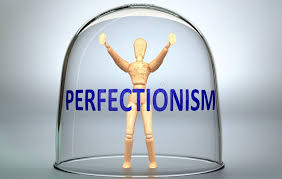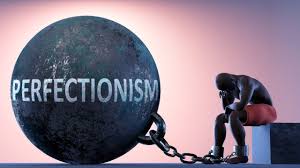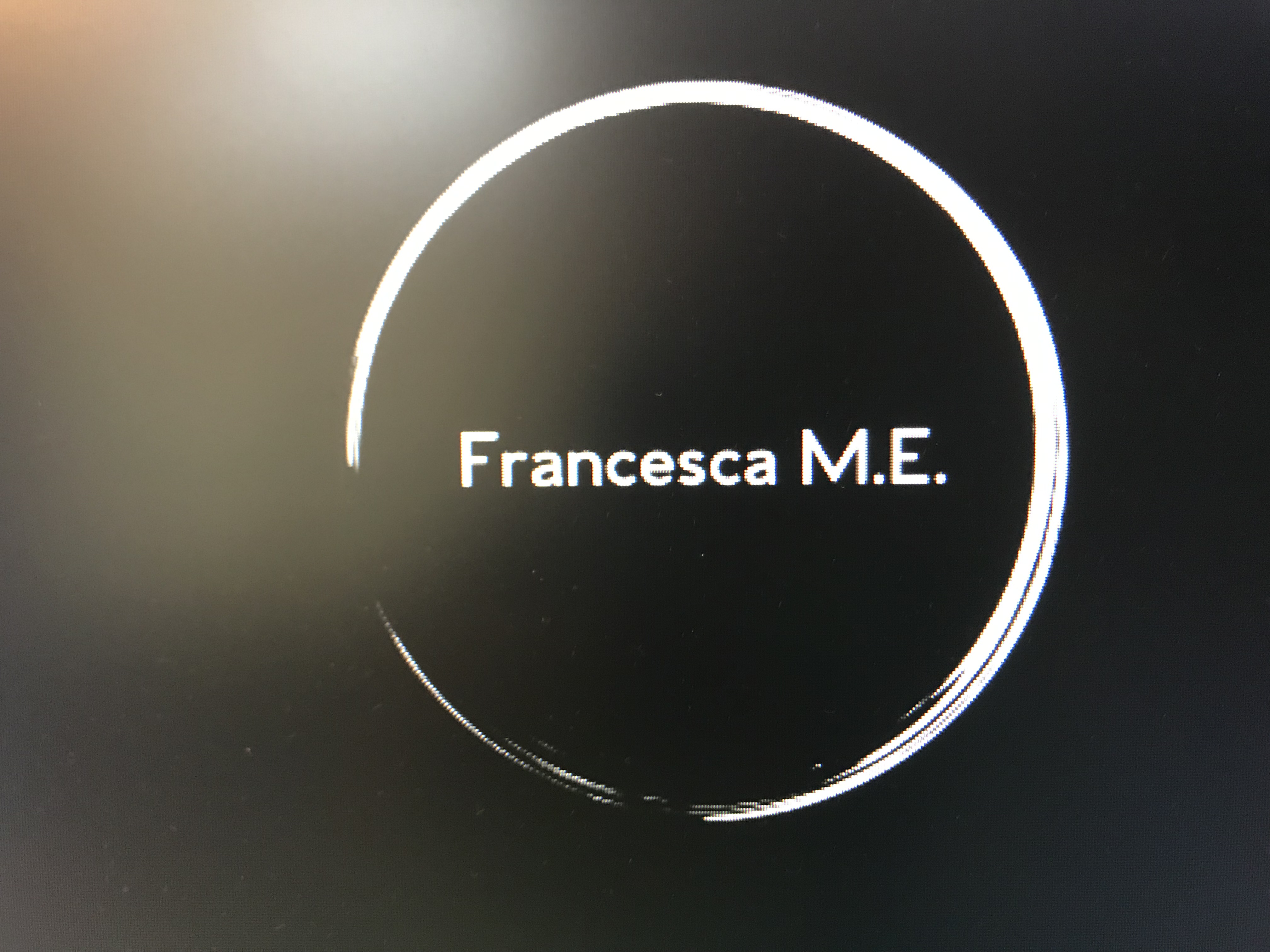Not Perfect, Better
 I’m sure most of us strive for perfection, especially today with so much input at the touch of a finger that, whether we know it or not, is affecting our sense of self. Let’s say we come across a former schoolmate on social media who is sharing their beautiful home. If we feel a sense of envy or regret because we don’t live like that, the pesky perfection ideology comes to life and forces us to act it out. It may be in the form of cleaning up our home to where we feel it’s never good enough, expecting too much from ourselves and others, or getting angry or upset when others don’t do as we would like them to do.
I’m sure most of us strive for perfection, especially today with so much input at the touch of a finger that, whether we know it or not, is affecting our sense of self. Let’s say we come across a former schoolmate on social media who is sharing their beautiful home. If we feel a sense of envy or regret because we don’t live like that, the pesky perfection ideology comes to life and forces us to act it out. It may be in the form of cleaning up our home to where we feel it’s never good enough, expecting too much from ourselves and others, or getting angry or upset when others don’t do as we would like them to do.
I grew up feeling bad about myself all the time. Anxiety plagued me constantly, worrying I would get in trouble for something or be tormented for no reason. When one speaks about “childhood trauma,” it’s assumed all the pain and issues happened as a kid. For me, it never stopped. And I wonder why I procrastinate, hide, and am so critical of myself.

That feeling transpired in the Roman Catholic church in our neighborhood, too. Getting ready for mass was always a stressful event. What to wear? Shit, it’s wrinkled. I need to iron it! I can’t wear these pants. What if I have panty lines? I had to make sure I looked perfect. I always felt eyes upon me.
The following Sunday, I aimed to do better. And I did. Getting no negative feedback was a good day.
I put up with that routine until my adulthood, and after self-reflection, therapy, and books, I walked away from the church. I still pray and believe wholeheartedly in God, Jesus, and the like, and I believe the church is within all of us. Some who faithfully attend mass aren’t like Jesus and aren’t very nice people, and I always found that offensive.
Through all of the abuse and trauma, I learned that if I strive for perfection, I will leave little room for someone to hurt me. But it was exhausting, and I lost myself in the process. I became what I thought everyone else wanted of me. Thankfully, as I healed, I realized that there is no such thing as “perfect.” Perfection is a perception we think will appease and appeal to others to get approval, love, and positive attention. Perfectionism is used to mask insecurity, low self-worth, and low self-esteem.
We can never achieve a “perfect” life. We can only aspire to do better.
If we make a mistake, all we have to do is learn from it and move on. The lesson is enough. We don’t need to haggle with ourselves about how we fudged up. Nobody is perfect. Do better next time, given the learned lesson.

Let’s stop this incessant need for perfection. It’s okay to want to show up in life with nice things, like what we see in the mirror, and have ambitions for a greater purpose. The needle dives towards perfectionism when we cannot be happy if things don’t go exactly as we planned them. And also remember not to allow guilt or shame to feed a need to be perfect.
“Shame is a feeling deep within us of being exposed and unworthy. Some people fight against shame by striving for perfection. This is a way of compensating for an underlying sense of defectiveness.” Beverly Engel, author of Healing Your Emotional Self. Ms. Engel infers that “defectiveness” is a wrong belief developed as young children who were exposed to emotional abuse and neglect, emotional or physical.
Look, we’re all struggling to get through life unscathed, if possible. We’re all different and handle life in unique ways, and there is no one-size-fits-all way to live and be happy. All I’m doing is presenting ideas that might help someone dig out of a troubling life situation and lighten the load.
Thank you for reading and I’d love to read your comments on this topic of perfectionism.
To being imperfect,
Francesca
